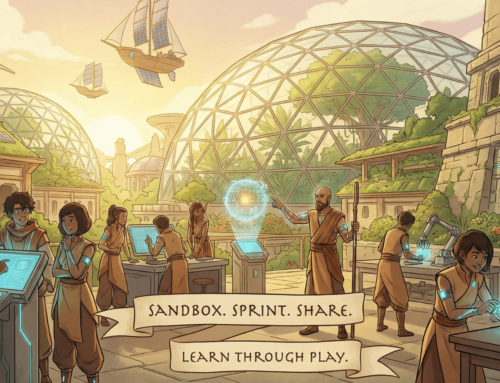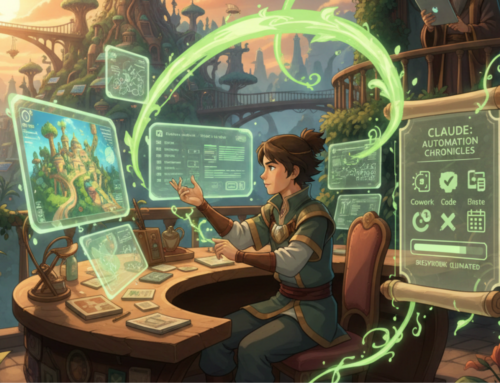When I was 19 I was a street musician for a year. I hitchhiked across North America, surviving off the kindness of strangers.
(I tell this story in my book, Marketing Yourself. I’ll tell you a bit more about how this story relates to marketing in this article.)
I would roll into a new town, play music on a street corner for a few hours, put my hat on the ground with a few coins in it. People passing by would pay me enough money for tacos and cigarettes for the day. The money was nice, but what I was really looking for was couches.
During that year that I wandered across America, it was easy for me to sleep on the beach, or a highway underpass, or the backyard of a church, but once or twice a week I could convince a complete stranger to let me crash on their couch. And I slept better on those nights.
But I had to go to places where people were curious about a strange musician they found interesting. Sitting on a soapbox at the train station was great for volume, because there were lots of people walking by. But I rarely had a good leisurely chat that built a relationship like I did in small beach towns.
Tourist towns were great, because on the boardwalk, there were always people wandering around in search of something interesting. They weren’t on a commute, they were curious and relaxed. That was my target market. Locals with leisure time.
What I was doing is known as ‘busking out.’ I didn’t charge admission for my performance, I played for free, and anyone who wanted to could drop a dollar in my hat. It’s 20 years later and I’m still busking out, offering free value to my target market, and inviting people to contribute.
Busking out focuses your best marketing on your most qualified prospects. You can demonstrate expertise, and build trust, by solving simple problems for a narrow niche in a free presentation.
It’s more efficient and more effective than marketing broadly to a general audience. Thousands of people would pass me in an hour at the train station, and I’d make a few bucks. I generally made more money with less people in tourist towns.
Lesson: The size of your audience isn’t as important as the alignment they have with you.
Busking out was how I met Peter Cook, one of the authors of The Thought Leaders Practice. He reached out to me on LinkedIn, and said, ‘Hey, do you want a copy of my book? Send me your address.’ So I said sure, and he sent me a book, and it was a fantastic read. (Here’s my video book review.)
A few months later, he said, ‘I’m coming to Wellington. Would you like to have coffee?’ I said, sure! And he invited 80 other people as well.
He gave us all a free presentation, and at the end he made an offer to join his program, Thought Leaders Business School.
Now, if he had pitched me on LinkedIn to join this program, I would have ignored him. But instead, he invited me to a busk out, offered free value, and then made an offer.
I never demanded a dollar before I played a song for strangers, because that wouldn’t have worked. Busking out attracts your target market to you by providing value to the people who have the problems you want to solve. You can demonstrate your expertise (and build trust) by solving simple problems for a narrow niche in a free presentation. It’s more efficient & more effective than marketing broadly to a general audience.
- You can brainstorm your busk out, who it’s for and what it’s about, using my free workbook.
- I hosted a free busk out, to promote the Marketing Yourself Intensive.
If you’d like to see how I use free presentations to sell a program, come spend an hour and watch the REPLAY of Marketing Yourself Masterclass:





Leave A Comment